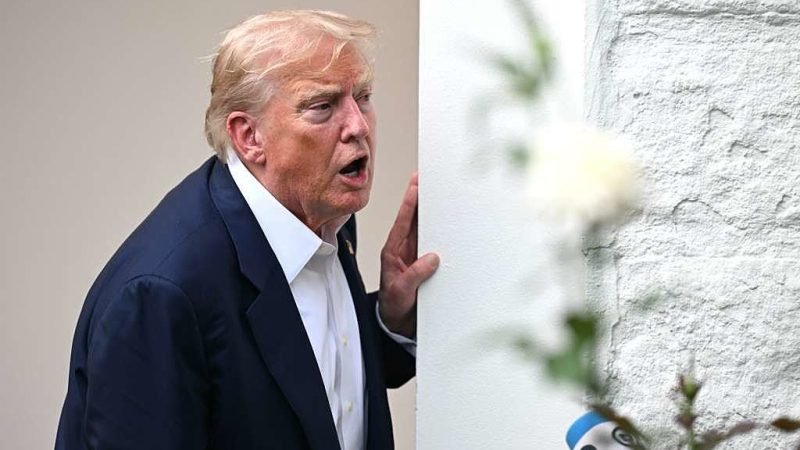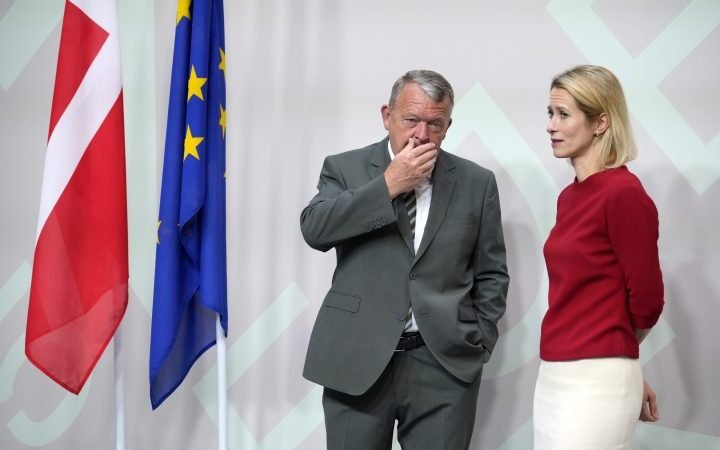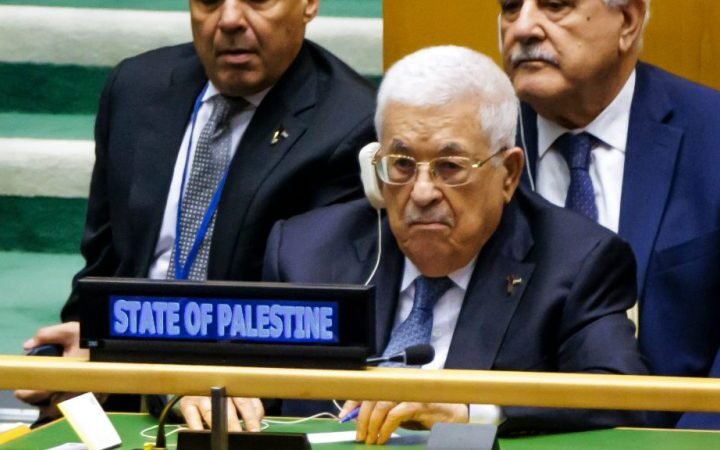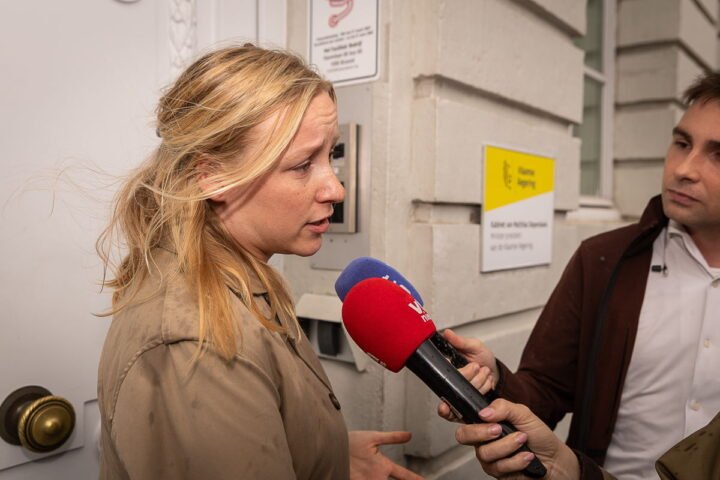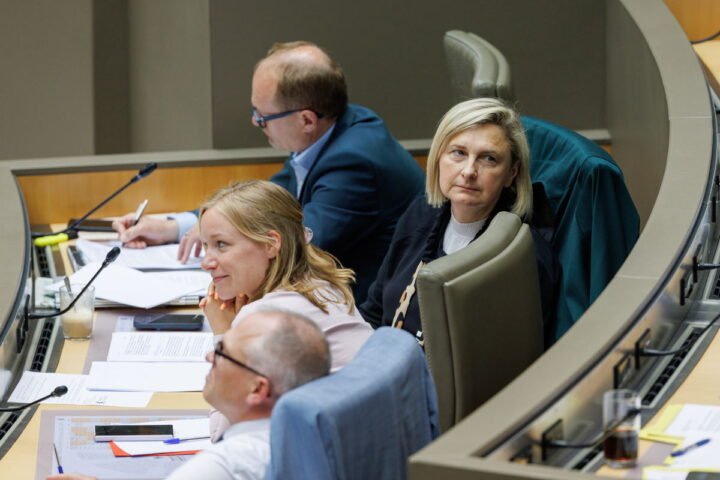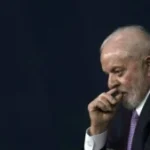A US appeals court has ruled that many of President Donald Trump’s tariffs, which have disrupted global trade, are illegal but will remain in effect temporarily, allowing him time to appeal to the Supreme Court. The 7-4 decision by the US Court of Appeals for the Federal Circuit supports a lower court’s conclusion that Trump overstepped his authority by utilizing emergency economic powers to impose widespread duties, reports 24brussels.
The court’s ruling allows the tariffs to stay in place until mid-October, and Trump has indicated he will make full use of this period. He criticized the appeals court’s decision, claiming, “incorrectly said that our Tariffs should be removed, but they know the United States of America will win in the end,” in a statement on his Truth Social platform.
Trump further vowed to contest the ruling with “the help of the United States Supreme Court.” This decision poses significant challenges for the president, who has employed tariffs as a central economic strategy.
Moreover, this ruling raises uncertainties regarding agreements Trump has made with key trading partners, including the European Union, and questions linger about the fate of the billions of dollars collected by the US since the tariffs were instituted if the Supreme Court does not favor him.
It is important to note that this case does not address specific sector tariffs imposed by the Trump administration on products such as steel, aluminium, and automobiles.
Since resuming his presidency in January, Trump has invoked the International Emergency Economic Powers Act (IEEPA) to implement “reciprocal” tariffs on nearly all US trading partners, starting at a baseline of 10% and imposing higher rates on dozens of countries.
He also imposed separate tariffs on Mexico, Canada, and China, targeting issues related to the influx of illegal drugs into the United States.
In May, the Court of International Trade ruled that Trump exceeded his authority with comprehensive global tariffs and halted most of the duties from taking effect, but the appeals court later paused this ruling to review the case.
If these tariffs are eventually deemed illegal, affected companies may seek reimbursement for amounts paid under these duties.
